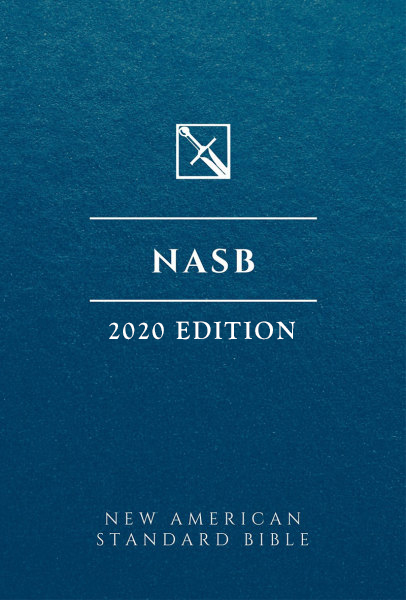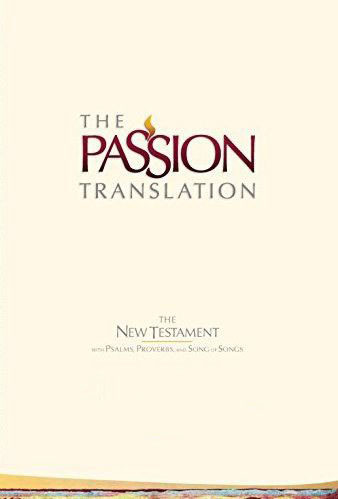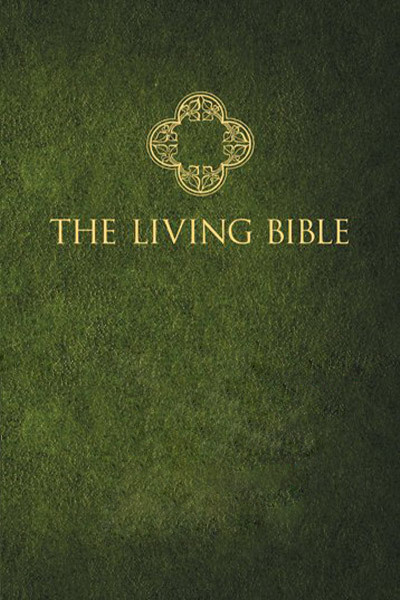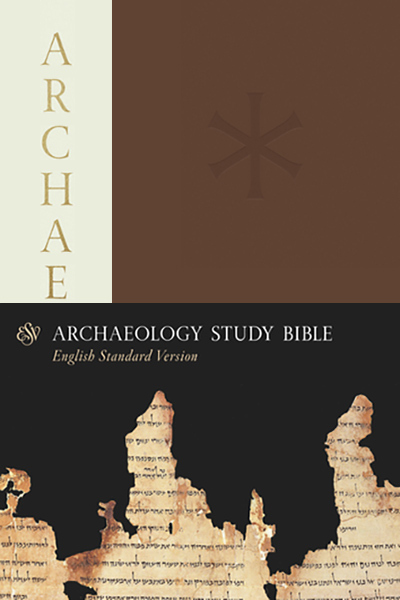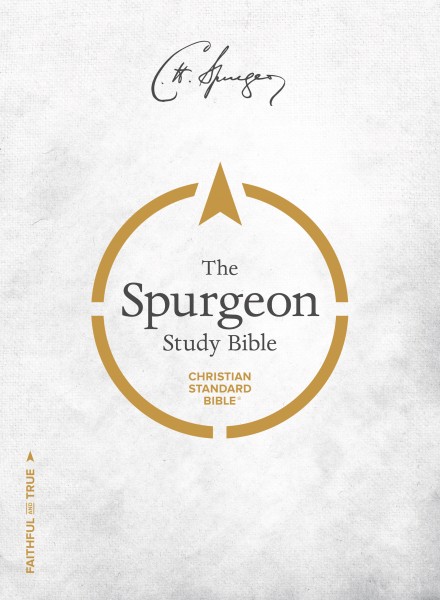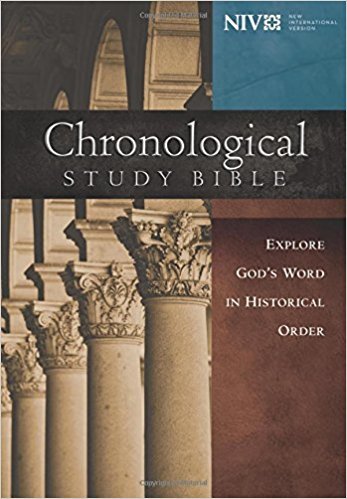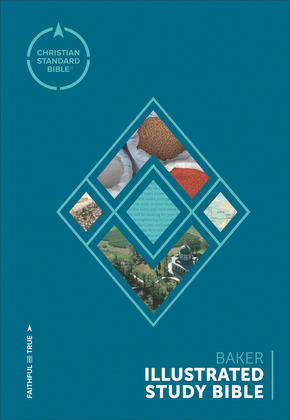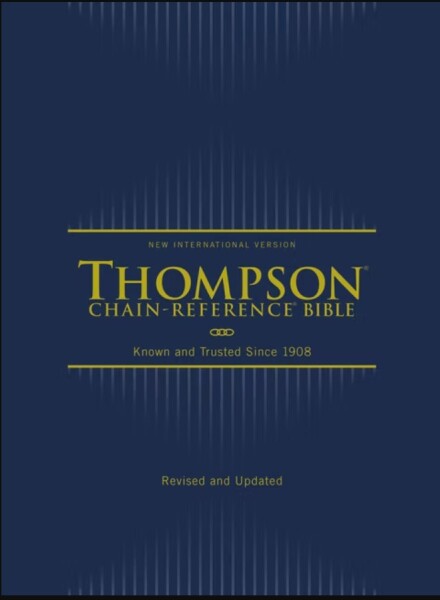



In 1557 the Geneva Bible translators began to revise the English Bible. Much of the work was done by William Whittingham, the brother-in-law of John Calvin. The revisers used the Great Bible as their basis for the Old Testament and Tyndale's work, Matthew's Bible, for the New Testament. The new translation was verified against earlier works and the original text. It was not printed in England until 1575.
The Geneva Bible was immediately popular, but considered a political threat to the King of England because of its ties with Calvin. Rome was also threatened by the Protestant undertones of the translation. As a result, it was replaced by the King James Version, and is sometimes referred to as the Forgotten Translation.
This Bible includes red-letter support for the words of Jesus in the gospels, and contains only the books from Matthew through Romans.





















